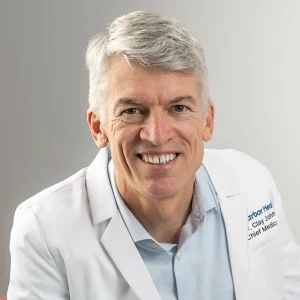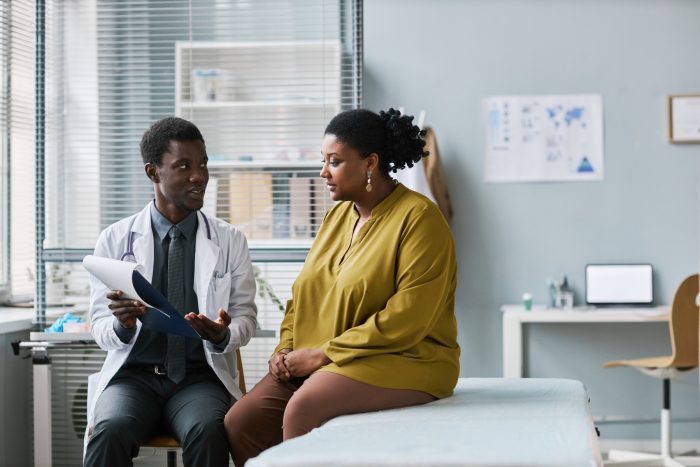
Stroke continues to remain a leading cause of death and disability worldwide. With over 12.2 million new strokes occurring each year, experts at the National Institute of Neurological Disorders and Stroke say that every minute counts, as fast treatment may lessen the brain damage that a stroke can cause.
Stroke can affect anyone at any age, at any time, making it critical that everyone, especially those with known risk factors, understand and recognize the signs and symptoms of stroke, as well as their options as patients.
The signs of stroke can be subtle and hard to recognize, so educating yourself and others is key to noticing and responding quickly. One easy way to remember the signs of stroke is with the acronym FAST from the American Stroke Association. This stands for:
• F – Face Drooping
• A – Arm Weakness
• S – Speech Difficulty
• T – Time to call 911
The sudden onset of any of these signs, as well as confusion, severe headaches and vision problems, could mean that someone is having a stroke, which is why it’s important to call 911 immediately when a stroke is suspected.
Disability is common post-stroke, and recovery periods can be lengthy. This highlights the importance of speedy emergency care, which can help prevent disability and death, and may lead to a better quality of life post-stroke. It’s also important to understand that 25% (1 in 4) of stroke patients will experience a second stroke within the first five years. However, with lifestyle changes and proper care, patients can reduce their risk
“Everyone should be familiar with the signs and symptoms of stroke to ensure that they or a loved one receive appropriate and timely care. Going to the emergency room at the onset of symptoms can impact the care a patient receives, including their eligibility to enroll in a clinical trial, so it’s vital to seek immediate medical attention at the first sign of stroke,” says Clay Johnston, PhD, MD, MPH, Chief Medical Officer and Co-Founder, Harbor Health.
One particular clinical trial, Librexia STROKE, is currently recruiting patients to evaluate an investigational medication for recurrent stroke prevention, but eligibility is time-sensitive and participants must enroll within 48 hours after the onset of their stroke symptoms. Delays in seeking care following the initial symptoms of a stroke can limit access to these types of innovative treatment options.
Learn life-saving facts about stroke prevention and treatment by visiting https://www.stroke.org/en/about-stroke/stroke-symptoms.
“The opportunity to receive the best possible treatment and care begins with widespread awareness of the signs and symptoms of stroke and the urgency of seeking immediate emergency medical attention when a stroke is suspected,” says Dr. Johnston. (StatePoint)







